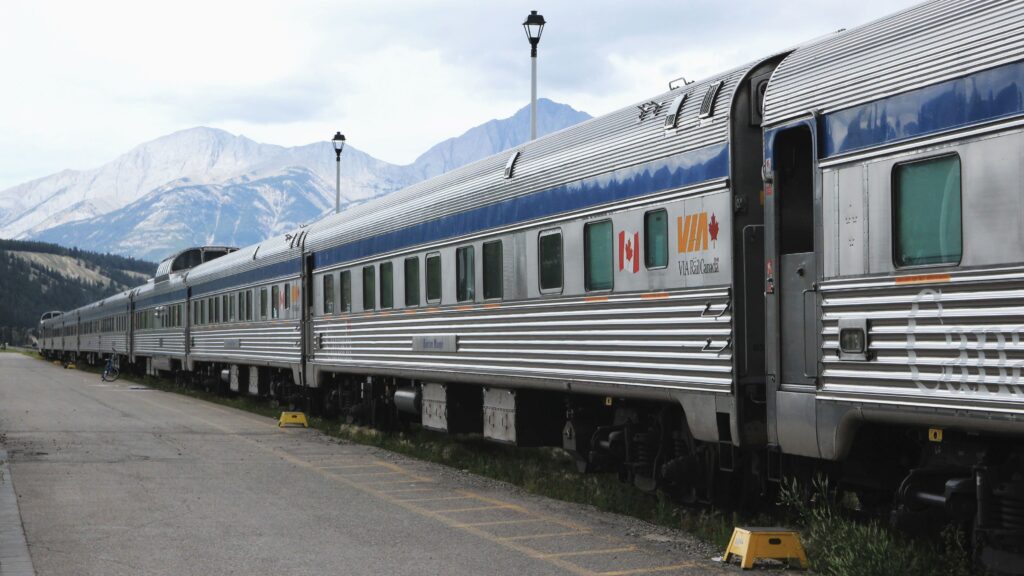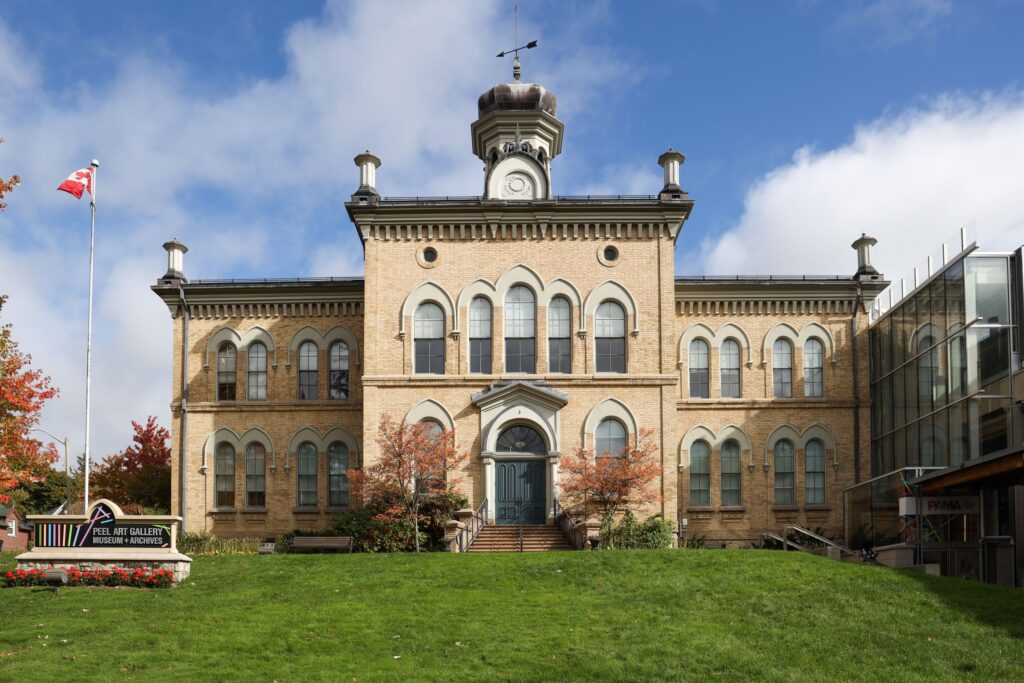This blog was developed in partnership with Fitzrovia.
Finding the right rental apartment in Canada can be overwhelming. But here’s the thing: asking the right questions before you sign on the dotted line is your best practice as a future tenant.
Whether you’re considering professional rental companies like Fitzrovia — which specializes in transparent processes and tenant-focused services — or exploring other options, the key to a successful rental experience lies in understanding your rights and asking informed questions from the start.
Your tenant rights in Canada are governed by provincial laws, with each province having its own laws protecting residential tenancies. These laws exist to protect both tenants and landlords, but only if you know what to ask about them. This guide covers the essential questions you need to ask about your rights, the rental application process, lease agreements, and moving logistics. Think of it as your friendly checklist to help you rent with confidence.

Understand Your Tenant Rights Before You Rent
What are your landlord’s obligations? This isn’t about being confrontational — it’s about clarity. Good landlords will happily explain their responsibilities, which typically include maintaining the property, ensuring the space meets safety standards, and respecting your right to enjoy your home.
Can you provide a copy of the building’s rules? Building rules should be clear and reasonable. Getting them in writing before you move in prevents any “surprise” rules later and helps you decide if a specific apartment building is the right fit for your lifestyle.
What is the RTA (Residential Tenancies Act)? If your potential landlord can’t explain the basic tenant rights under your province’s residential tenancies act, that’s a red flag. Professional landlords understand these laws and can explain how they apply to your situation.
Clarify the Rental Application Process
What information do you need from me? Legitimate requests typically include proof of income, references, and identification. Be wary of anyone asking for unusual personal information or requesting money up front beyond standard application fees.
Will you run a credit or background check? Most landlords run these checks or request that you complete a credit check, and they should tell you up front. You have the right to know what kind of checks they’re doing and whether there are any fees involved.
How is my personal information stored and protected? With identity theft being a real concern, responsible landlords have clear policies about protecting your personal information. They should be able to explain how they store and dispose of sensitive documentation.
Many professional rental providers use standardized tenant application forms to make the process clear and consistent. This approach ensures tenants know exactly what information is needed and how it will be used from the first meeting.
Review the Lease Agreement Carefully
Are you using the Ontario standard lease agreement? If you’re renting in Ontario, landlords are required by law to use the standard lease form. Other provinces have their own standard forms, so ask about local requirements.
Is this a fixed-term or month-to-month lease? Fixed-term leases run for a specific period (usually one year), while month-to-month agreements offer more flexibility. Understanding the lease type is important in relation to your goals. Are you looking to try out different parts of the city before settling into one place for a while, or are you seeking the security of knowing “this is home”?
Are utilities included in rent? Get clarity on what’s included — heat, electricity, water, internet — and what you’ll need to set up yourself. This affects your monthly budget significantly.
Do you have access to the amenities, and is there an added cost to using them? Many rental buildings incorporate gyms, wellness, and shared spaces into their rental fees for the tenant’s use and overall maintenance. At Fitzrovia, pricing includes a variety of complimentary add-ons that you’ll find add value. With amenities like a rooftop pool and co-working spaces, you can access them as a tenant. While others, including the day care and dog grooming services, will have an additional cost per use.

What is the process for rent increases? Every province has rules about how often and by how much your rent can be increased. Your landlord should be able to explain these rules and how they apply to your unit.
What happens if I need to break the lease early? Life happens, and sometimes you need to move unexpectedly. Understanding the process and potential costs helps you make informed decisions.
Get Ready to Move In
When will I receive the keys? This might seem obvious, but clarifying the exact timing helps you coordinate with movers, get time off work, and handle other moving logistics.
Will the unit be professionally cleaned before I move in? Professional cleaning should be standard, but asking ensures there’s no confusion about the condition you can expect when you arrive. Professional cleaning is done at Fitzrovia with you and your move-in day in mind to take one thing off your plate.
What’s the move-in inspection process? Document any existing damage or wear during your move-in inspection.

Where can I park on moving day? Many buildings have specific rules about where moving trucks can park or unload. Knowing this ahead of time prevents moving day stress.
Do I need to book an elevator ahead of time? In apartment buildings, you often need to reserve the elevator for moving day. Some buildings charge a fee or even require a damage deposit for elevator use.
For a comprehensive moving checklist, the Canada Post Magazine offers a list broken down by the timing of when each task should be completed to ensure you don’t miss any important steps. Click here to read more.

Know Your Rights After You Move In
Who handles maintenance and repairs? Know whether you should contact the landlord directly, a property manager, or a maintenance company for different types of issues. Get contact information for emergencies too, because you want to make sure you already have this information when you need it.
What are the rules about guests or subletting? Most leases have specific rules about how long guests can stay and whether subletting is allowed. Understanding these rules prevents potential conflicts later.
Moving Forward with Confidence
Asking these questions might feel like a lot of work, but think of it as an investment in your peace of mind. The right questions can protect your finances, your safety, and your overall rental experience.
Remember, professional landlords welcome these questions. They want tenants who understand their rights and responsibilities. If a potential landlord seems evasive or annoyed by reasonable questions, consider that a warning sign.
If you’re ever unsure about any clause in your lease or feel your rights are being violated, contact your provincial tenancy board or a local legal clinic. Many offer free advice to tenants, and it’s always better to ask for help early rather than wait until problems escalate.
Renting in Canada should be a positive experience, and asking the right questions from the start helps ensure it will be.





